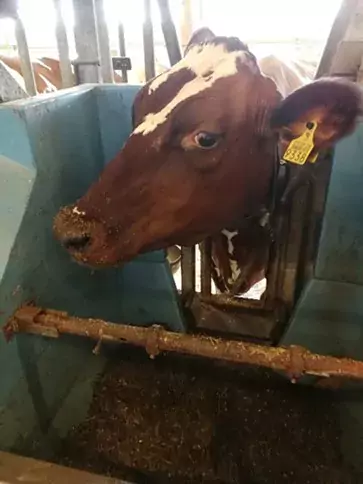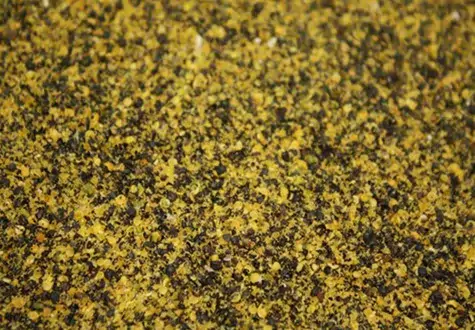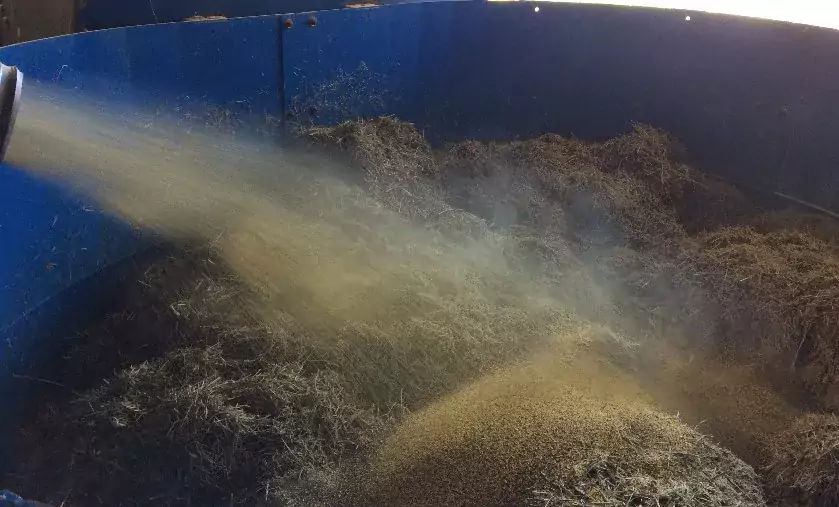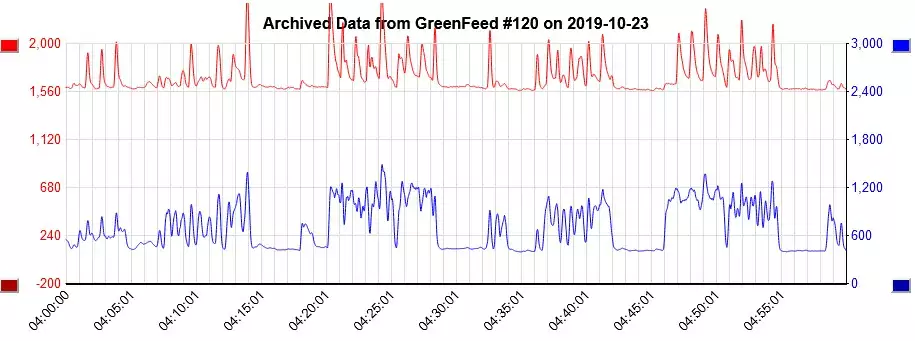Dairy products with reduced saturated fatty acids
Background:
Milk and dairy products contribute significantly to human 12:0, 14:0 and 16:0 consumption
- Excessive intake of these saturated fatty acids is associated with increased risk for cardiovascular disease
Lipid in domestic rapeseed is rich in oleic acid cis-9 18:1 with potential to
- Modify bovine milk fat composition
- Less saturated fatty acids
- More cis-9 18:1
Mitigate ruminal methane
- Energy dense lipid not fermented in the rumen
- Biohydrogenation of double bonds consumes hydrogen
Aim:
Examine the effects of milled rapeseed on milk fat composition and ruminal methane emissions of dairy cows on grass silage based diets of high digestibility
Researchers at the University of Helsinki:
In partnership with:
Funding:
Publications:
Halmemies-Beauchet-Filleau et al. 2019. Rapeseed lipids to decrease saturated fatty acids in milk and ruminal methane emissions of dairy cows.






